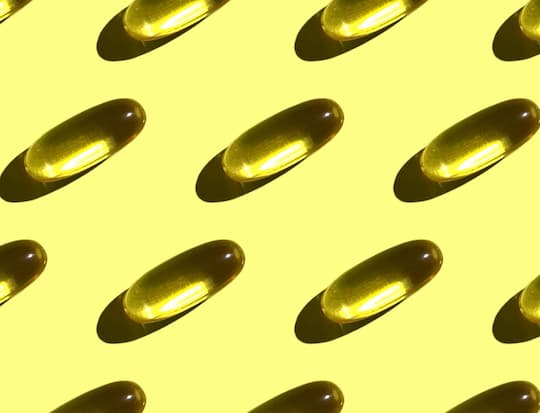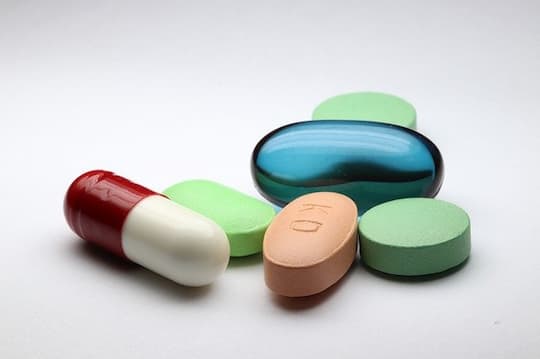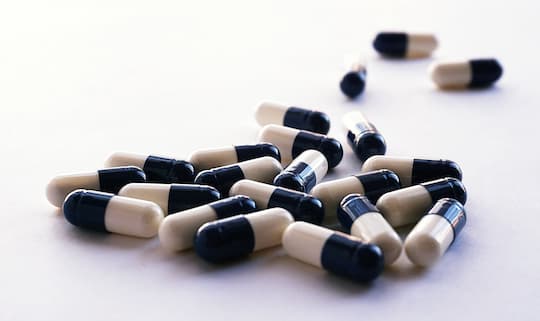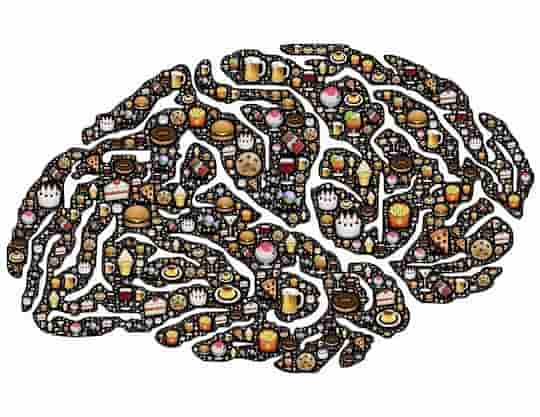While the effects were weaker than antidepressant medication, there were also far fewer side-effects.
While the effects were weaker than antidepressant medication, there were also far fewer side-effects.
High doses of vitamin B6 supplements reduce feelings of depression and anxiety, a trial finds.
After taking the supplements every day for a month, people reported feeling their mental health improve.
While the effects were weaker than antidepressant medication, there were also far fewer side-effects.
The amount of vitamin B6 ingested in the study exceeds what can realistically be obtained from a normal diet, so supplements are required.
B6 and GABA
B6 supplements are thought to work by providing a calming effect on the brain.
B6 is known to have a role in how the body manufactures Gamma-aminobutyric acid (GABA).
GABA typically has a relaxing effect on the mind, hence higher levels of GABA in the brain are linked to lower levels of anxiety.
Dr David Field, the study’s first author, explained:
“The functioning of the brain relies on a delicate balance between the excitatory neurons that carry information around and inhibitory ones, which prevent runaway activity.
Recent theories have connected mood disorders and some other neuropsychiatric conditions with a disturbance of this balance, often in the direction of raised levels of brain activity.
Vitamin B6 helps the body produce a specific chemical messenger that inhibits impulses in the brain, and our study links this calming effect with reduced anxiety among the participants.”
50 times the recommended dose
The study included over 300 people, some of whom took vitamin B6, others vitamin B12 and the remainder a placebo.
Only vitamin B6 helped to reduce levels of anxiety and depression.
The amounts given were 50 times the recommended daily dose, which is why it would be hard to get these levels from a normal diet.
Dr Field explained:
“Many foods, including tuna, chickpeas and many fruits and vegetables, contain Vitamin B6.
However, the high doses used in this trial suggest that supplements would be necessary to have a positive effect on mood.
It is important to acknowledge that this research is at an early stage and the effect of Vitamin B6 on anxiety in our study was quite small compared to what you would expect from medication.
However, nutrition-based interventions produce far fewer unpleasant side effects than drugs, and so in the future people might prefer them as an intervention.
To make this a realistic choice, further research is needed to identify other nutrition-based interventions that benefit mental wellbeing, allowing different dietary interventions to be combined in future to provide greater results.
One potential option would be to combine Vitamin B6 supplements with talking therapies such as Cognitive Behavioural Therapy to boost their effect.”
→ Related: Intense exercise increases the levels of two common neurotransmitters that are linked to depression.
The study was published in the journal Human Psychopharmacology: Clinical and Experimental (Field et al., 2022).










